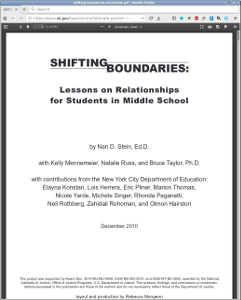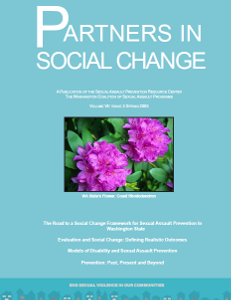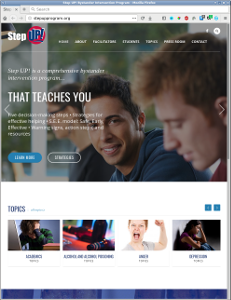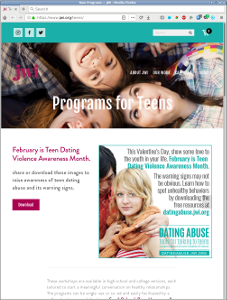Healthy sexuality is an important component of preventing sexual violence. Therefore there are several resources that can be incorporated into prevention programs. We know that it is important to deliver prevention programming that is socio-culturally relevant and developmental appropriate. So when working with youth or adults with developmental or cognitive disabilities, finding resources that are tailored to this community may be helpful.
Here are three curricula that focus on…



